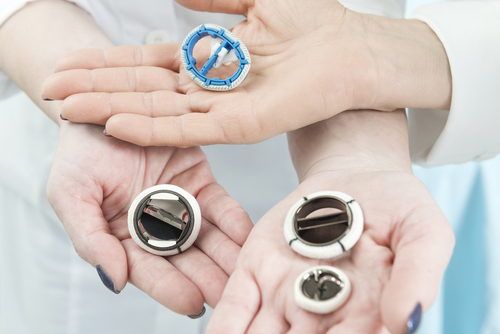3-D printed models to improve heart valve replacements
IANS Jul 05, 2017
Using three-dimensional (3-D) printing technologies, researchers have created patient-specific heart valve models that can mimic the physiological qualities of the real valves and could assist cardiologists in preparing to perform life-saving heart valve replacements.

The models will improve the success rate of transcatheter aortic valve replacements (TAVR) by picking the right prosthetic and avoiding a common complication known as paravalvular leakage, the researchers said."Paravalvular leakage is an extremely important indicator in how well the patient will do long-term with their new valve," said Zhen Qian, Chief of Cardiovascular Imaging Research at the Piedmont Heart Institute -- hospital and healthcare company in Spain.The 3-D printed model also gives the doctors a quantitative method to evaluate how well a prosthetic valve can fit the patient and can prevent leakage, which usually occurs when the new valve does not achieve a precise fit.
The findings, published in the journal JACC: Cardiovascular Imaging, revealed that the models, created from CT scans of the patients' hearts, behaved so similarly to the real ones that they could reliably predict the leakage.The researchers created heart valve models from medical imaging of 18 patients who had undergone a valve replacement surgery. The models were outfitted with dozens of radiopaque beads to help measure the displacement of the tissue-mimicking material."The idea was now that we can make a patient-specific model with this tissue-mimicking 3-D printing technology, we can test how the prosthetic valves interact with the 3-D printed models to learn whether we can predict leakage," Qian said.
"Our method of creating these models using metamaterial design and multi-material 3-D printing takes into account the mechanical behaviour of the heart valves, mimicking the natural strain-stiffening behaviour of soft tissues that comes from the interaction between elastin and collagen, two proteins found in heart valves," Qian added.
-
Exclusive Write-ups & Webinars by KOLs
-
Daily Quiz by specialty
-
Paid Market Research Surveys
-
Case discussions, News & Journals' summaries